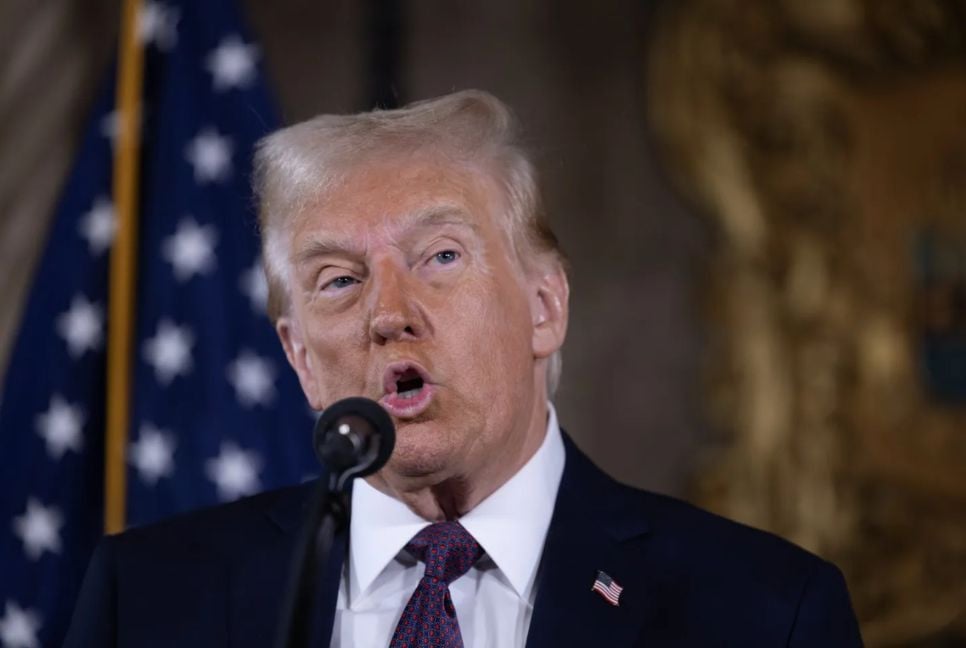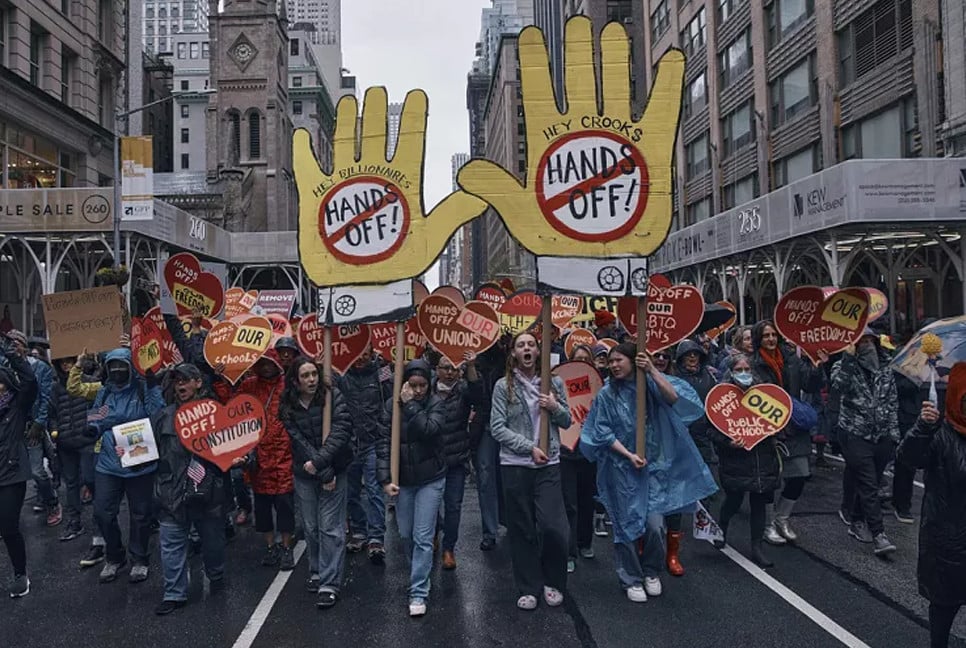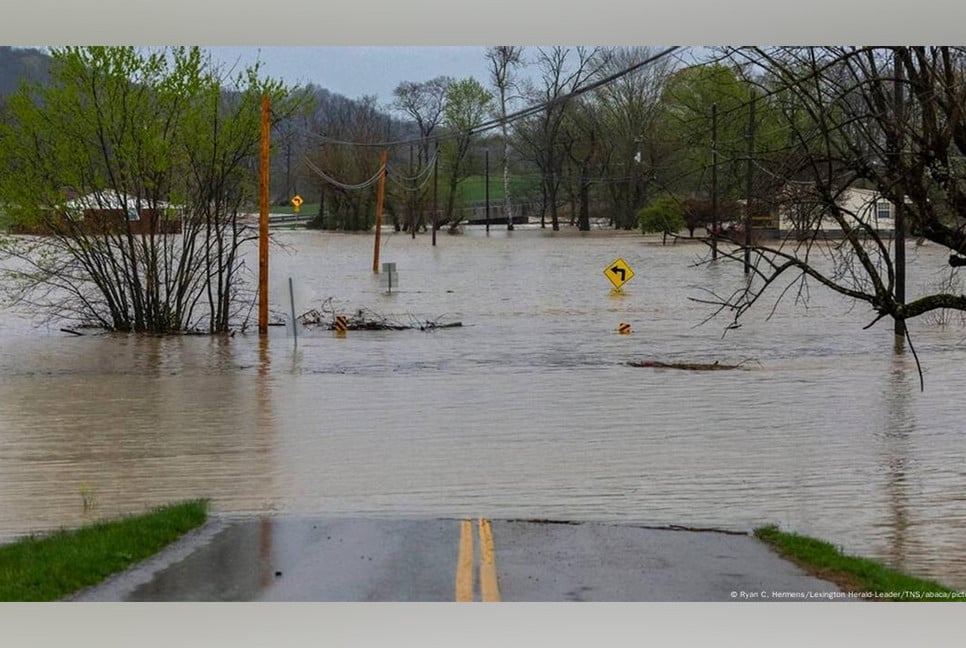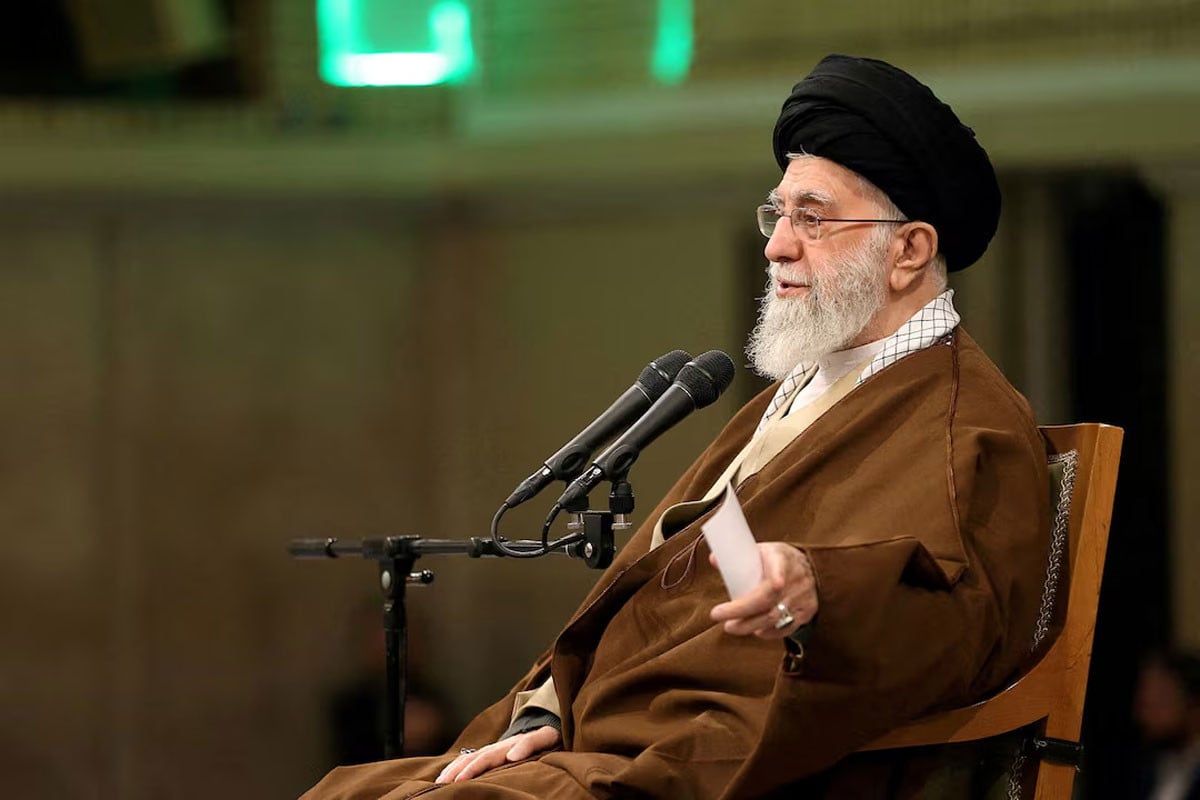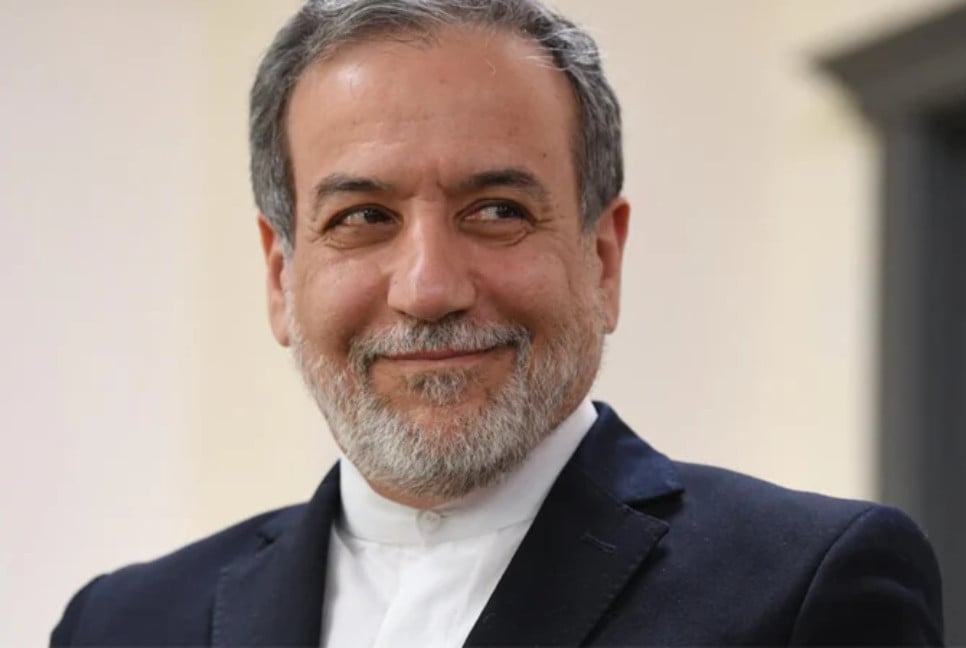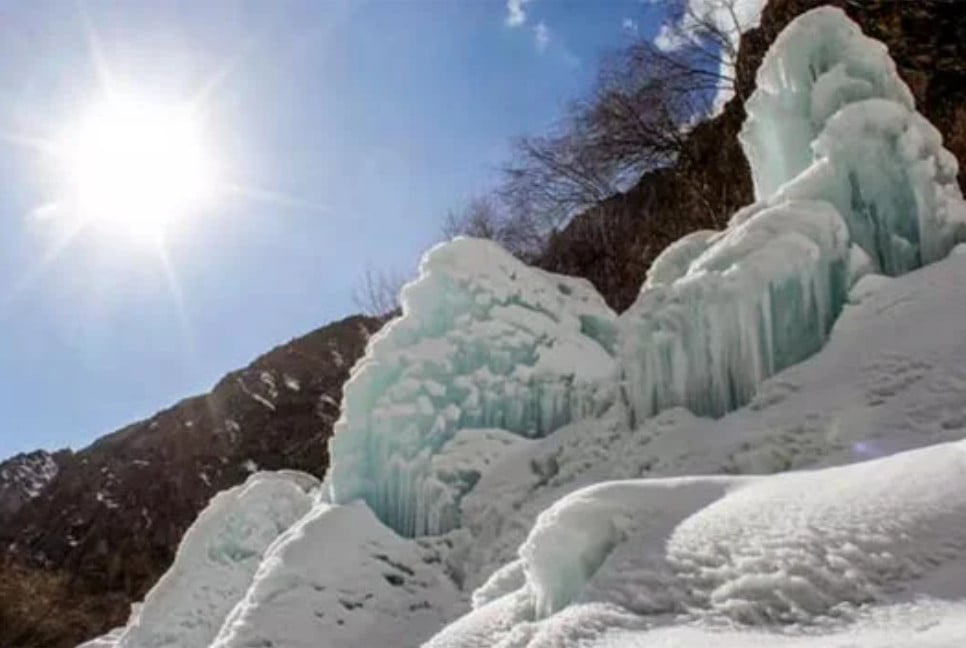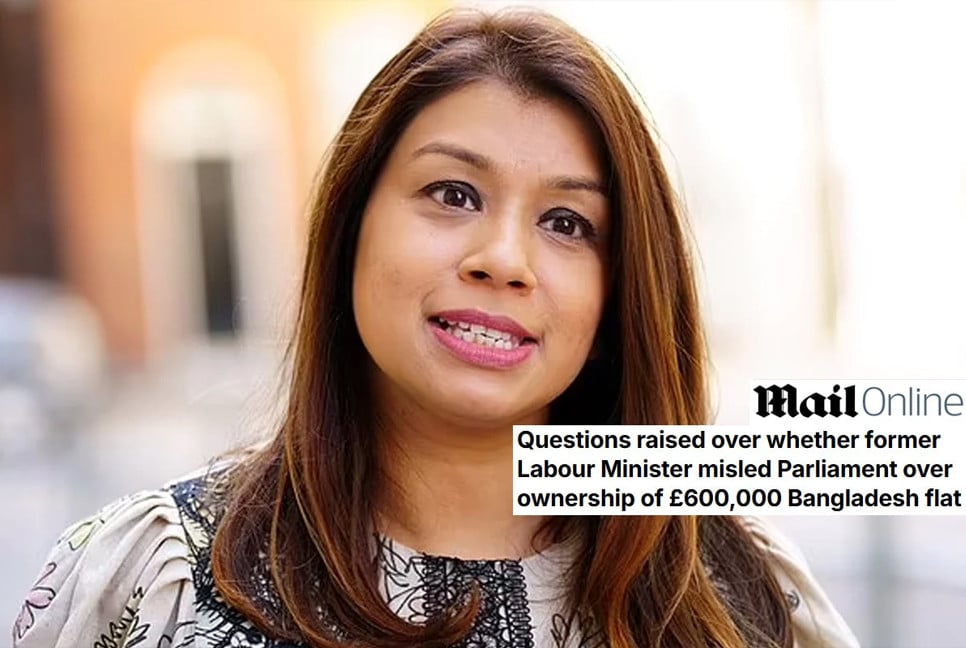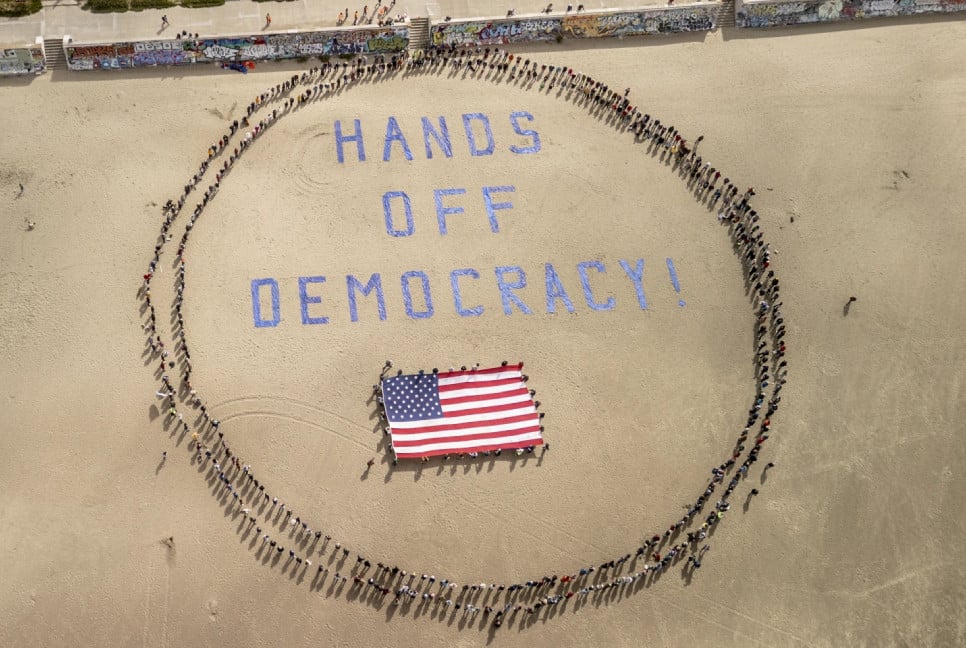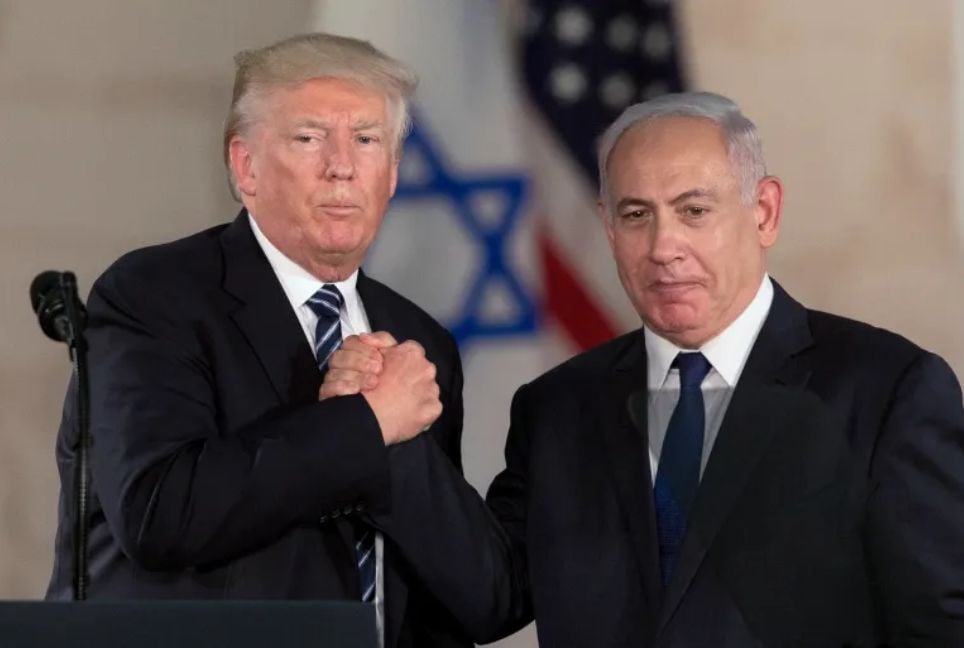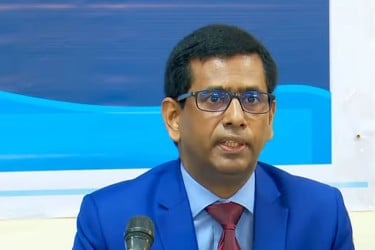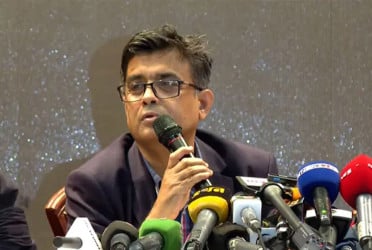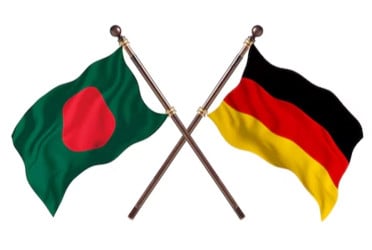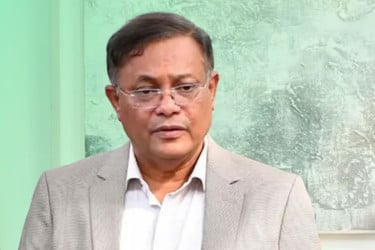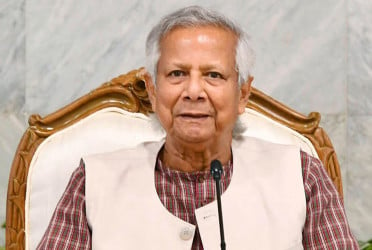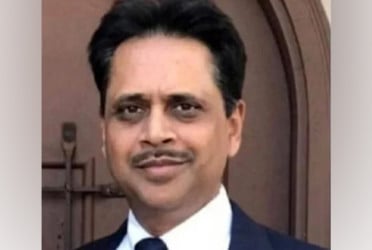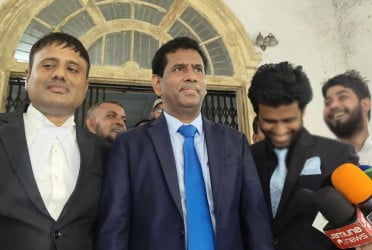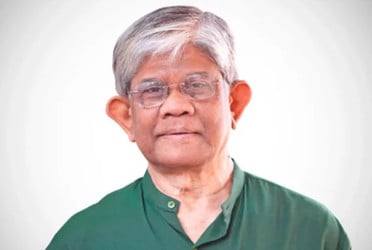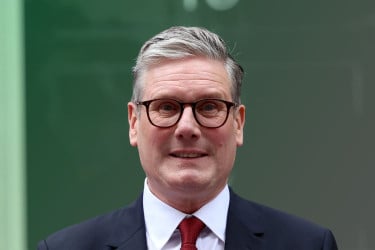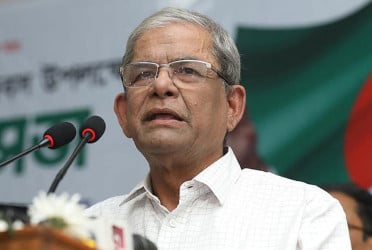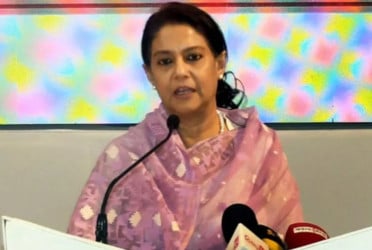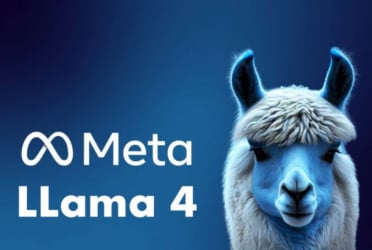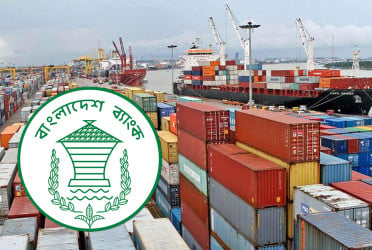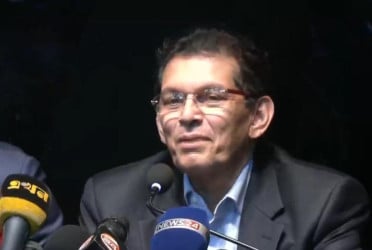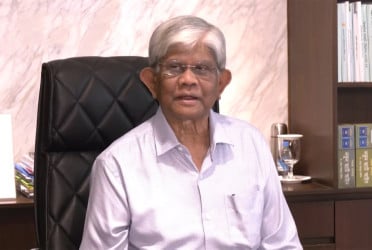US President-elect Donald Trump has made expansionist comments about extending American influence into Canada, Greenland (a Danish territory), and even the Panama Canal.
His statements about potentially redrawing international borders, possibly through force, have sparked alarm in Europe, especially as they contradict the position that European leaders and Ukrainian President Volodymyr Zelenskyy are trying to convey to Russian President Vladimir Putin, reports AP.
Despite the controversial nature of Trump's words, many European leaders have responded cautiously, knowing that his actions don't always align with his rhetoric. Some have taken a more relaxed stance rather than offering a strong defence of Denmark, an EU member state. Analysts, however, suggest that even words alone can have a damaging effect on US-European relations as Trump enters his second presidency.
In Europe, where countries rely on US cooperation for trade, energy, defence, and security, many officials have expressed confidence that Trump has no intention of using force to annex territories.
Italian Premier Giorgia Meloni said that the US would not attempt to annex territories in the near future, while German Chancellor Olaf Scholz stated that borders should not be altered by force, though he did not mention Trump directly.
Ukrainian President Zelenskyy, urging continued support from the incoming administration, emphasized the need for countries to feel secure in their sovereignty, particularly as Russia's invasion of Ukraine threatens this principle.
European foreign ministers from Britain and France also dismissed the notion of a US invasion of Greenland, but French Foreign Minister Jean-Noël Barrot noted that Trump's comments served as a warning about the potential return of a "law of the strongest."
Greenland's prime minister, Múte B. Egede, stated that the island's citizens do not want to be part of the US, though they are open to increased cooperation. Danish Prime Minister Mette Frederiksen reiterated the strong alliance between Denmark and the US, emphasizing unity.
Security experts, though confident that the US would not attack Denmark, have voiced concerns about the long-term impact of Trump's rhetoric on trans-Atlantic relations, NATO, and international norms. Some analysts are particularly concerned about Trump's suggestion that Canada should join the US as a state, which has caused friction between the two countries.
Flemming Splidsboel Hansen, an expert on foreign policy and Russia, expressed worry about the weakening of NATO and the broader trans-Atlantic alliance, questioning what it might look like by the end of Trump's second term.
Some diplomats and analysts suggest that Trump's focus on Canada, Greenland, and the Panama Canal is linked to securing valuable resources and waterways for the US, particularly in the face of competition with China, which dominates the global supply of rare earth minerals critical for technology.
However, analysts caution that Trump's proposed methods are dangerous and could set a concerning precedent. Security expert Alexander Khara likened Trump's stance on Greenland to Putin's justification for Russia's annexation of Crimea in 2014, warning that the idea of flexible borders could lead to more conflict and instability in the future.
Source: UNB
Bd-pratidin English/Fariha Nowshin Chinika

